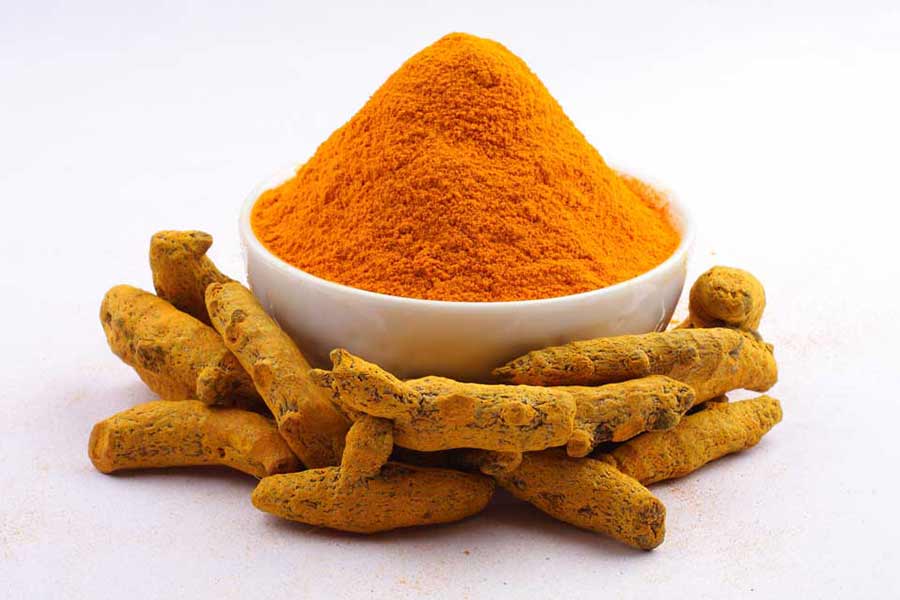Research, appearing in the Journal of Clinical Investigation (2008; 118(3): 879-893) was performed on heart muscle cells obtained from rats (in vitro) and their response to curcumin. Curcumin is an antioxidant found in turmeric. Heart muscle cells were incubated with curcumin for one hour before being exposed to phenylephrin (to increase cell size). The authors concluded that exposure to curcumin “attenuates cardiac hypertophy in vitro.” In short, exposing heart cells to curcumin reduces the type of enlargement that in seen in cardiomyopathy and in heart failure. Of course this information is preliminary and more information is needed to be obtained from actual patients.
The researchers also tested the effect curcumin had on live mice. Aortic banding (to produce cardiomyopathy) or sham operation was performed on live mice. Prior to the surgery (or sham operation) the mice were given either curcumin at a dose of 75 mg/kg per day or a placebo. The group of mice receiving the curcumin had less hypertrophy of the heart muscles. Curcumin also reduced cardiac hypertrophy in mice who were exposed to phenylephrin.






